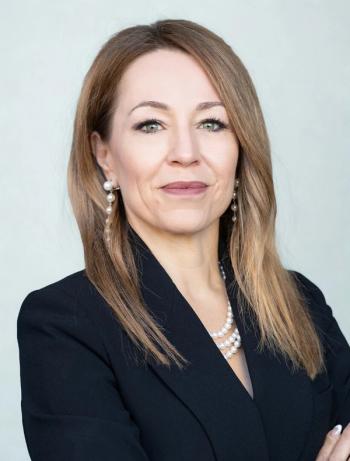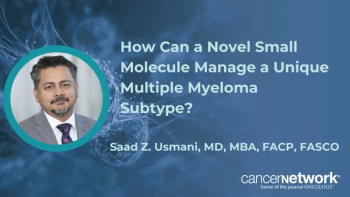
Sam Klempner, MD, Looks at Broad Use of ctDNA in Oncology
Sam Klempner, MD, spoke about how clinicians exploring use of ctDNA in gastrointestinal cancers may inform their research with results from other tumor types.
At the
Transcript:
We’ve taken a lot of lessons from [our colleagues treating] genitourinary, breast, and colon cancers who have generated more prospective data and have more prospective ongoing trials. This is going to be like a pan-cancer paradigm where this is a this is a shared biology. If you have breast cancer that has residual ctDNA after surgery, or esophageal cancer, those are unfavorable things. We’re going to be able to learn a lot from our colleagues, and yes, there are efforts in [the treatment of gastric and esophageal cancers] to do 2 things: one is to analyze collected blood from completed clinical trials, which will give us a lot of well-annotated and well-collected data; two, is to prospectively validate ctDNA. There are some concepts in development where patients would be assigned to a therapy based on a ctDNA status.
Newsletter
Stay up to date on recent advances in the multidisciplinary approach to cancer.





































